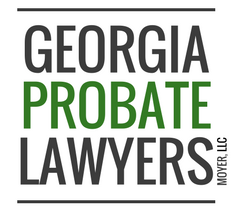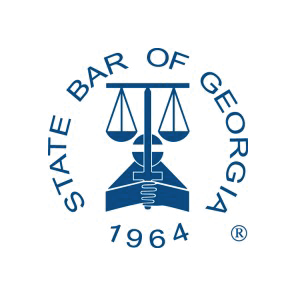
TRUST ADMINISTRATION
Trusts are created for different reasons, and all trusts contain their own unique rules. People create trusts to avoid probate, to protect assets from creditors, or because they think it will make things simpler after they die. The person in charge of the trust is the “trustee.” Trustees have “fiduciary” obligations to the “beneficiaries,” those who are supposed to receive assets from the trust. Beneficiaries can be people, or organizations like charities.
Managing a trust, or “trust administration,” can be confusing and overwhelming if this is your first time serving as a trustee and you are not used to following specialized legal rules. Sometimes, even experienced trustees have questions about what language in a trust means, or what their duties and responsibilities are. Of course, beneficiaries often have their own questions, since they have interest in trust property without owning it themselves. And unlike estates, trusts frequently stretch on for years and years.
Because trusts are simply more complicated than estates, and because they last a lot longer, it’s no surprise that disagreements over trust management can and do happen. Beneficiaries may worry that they aren’t receiving their fair share under the trust terms, or feel that the trustee isn’t giving them the answers that they deserve. Trustees may feel caught between their conflicting duties to different beneficiaries, or may have concerned about turning over trust property to beneficiaries who plan to use it for bad reasons. Don’t worry – we can help when everyone is on the same page, or when there’s a “trust dispute” about who should be in charge and who should get what.
During trust administration, circumstances can change, making continuing the trust impractical. In these cases, it is necessary to seek court permission to change, or “reform,” the terms of the trust. That’s called “trust reformation.” Or perhaps the trustee no longer feels able to perform his duties, and needs to resign and have the court appoint a “successor trustee” in his place. In these scenarios, even professional trustees may need assistance navigating the court system.
Being a trustee is a big job, and one to be taken seriously. There are specific rules you must follow in both the trust itself and in Georgia law generally. Since you are managing property for the benefit of other people, there is a lot of liability associated with being a trustee. It can be scary and overwhelming to be faced with all that responsibility without being sure of all the rules you are required to follow. That’s where we come in. Our mission is to provide skilled, responsive representation in trust cases. We explain your duties and obligations as a trustee without using “legalese.” We help you handle your fiduciary responsibilities quickly and ethically. With our help, you can feel confident that your liability is being managed, and the trust beneficiaries can rest easy knowing that their interests are being protected. We make trust administration easy on you.
If you’re a trustee or beneficiary and you need help making sure a trust is being properly managed, give me a call.
We can also help with trust administration.





